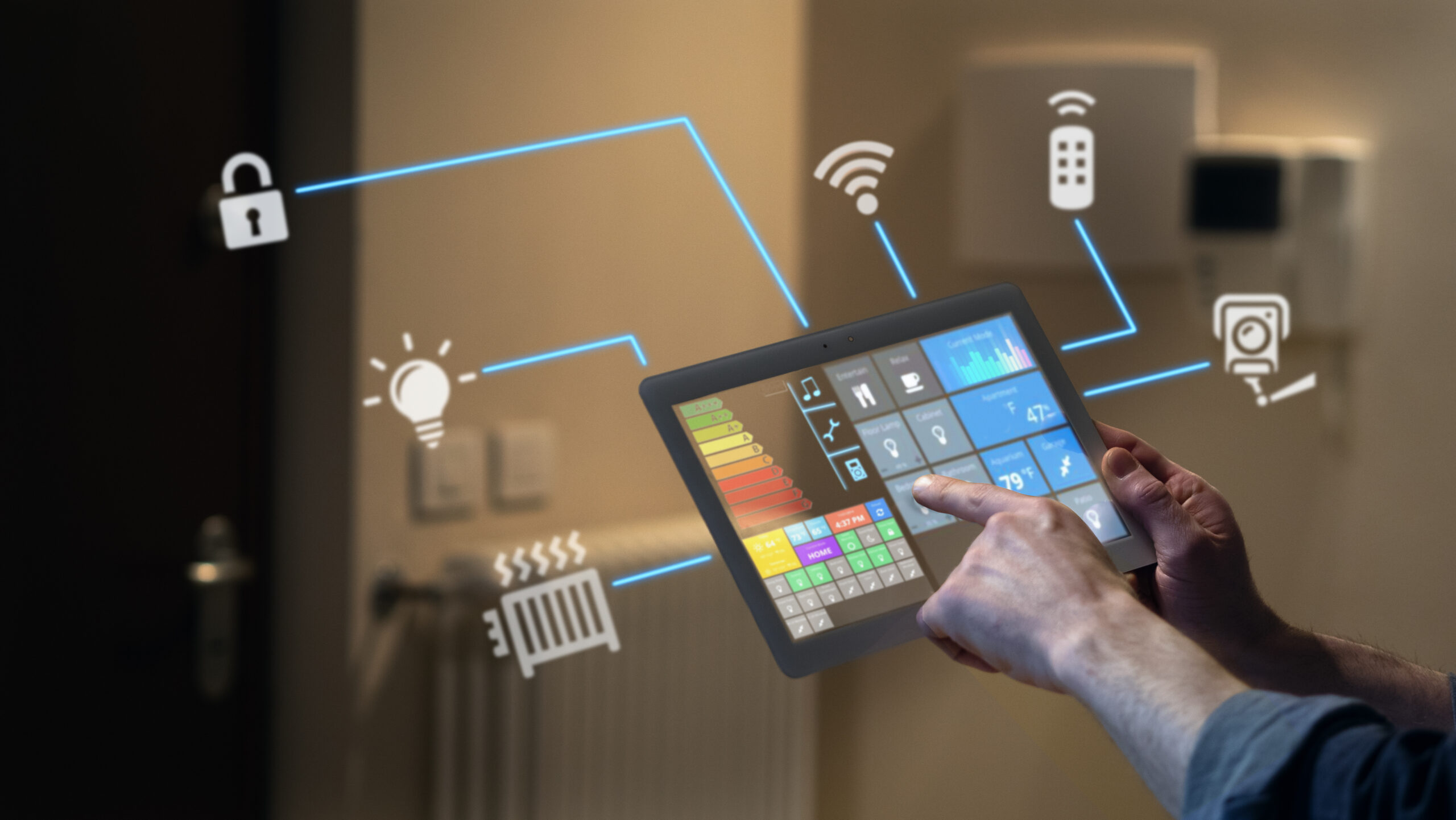
In the fast-paced world of technology, the concept of a smart home has transcended its novelty status to become an integral part of modern living. What once seemed like science fiction is now a reality, with homes becoming increasingly interconnected and automated. From controlling lights with a voice command to monitoring home security remotely, the latest advancements in smart home technology are revolutionizing the way we live. Let’s delve into some of the most exciting developments shaping the future of smart homes.
1. Integration and Interoperability:
One of the most significant advancements in smart home technology is the emphasis on integration and interoperability among different devices and platforms. Manufacturers are recognizing the importance of creating ecosystems that allow devices from various brands to communicate seamlessly with each other. This means that homeowners no longer need to worry about compatibility issues when adding new devices to their smart home setup. Whether it’s smart speakers, thermostats, or security cameras, interoperability ensures a cohesive and efficient smart home experience.
2. Artificial Intelligence and Machine Learning:
Artificial intelligence (AI) and machine learning algorithms are playing a pivotal role in enhancing the capabilities of smart home devices. These technologies enable devices to learn from user behavior and adapt their settings accordingly, leading to personalized and intuitive experiences. For example, smart thermostats can analyze usage patterns to optimize energy consumption and automatically adjust temperature settings for maximum comfort and efficiency. Similarly, AI-powered security cameras can distinguish between familiar faces and potential intruders, reducing false alarms and enhancing home security.
3. Voice Control and Natural Language Processing:
Voice control has become a ubiquitous feature in smart homes, thanks to advancements in natural language processing (NLP) technology. Virtual assistants like Amazon Alexa, Google Assistant, and Apple Siri enable users to control various devices using simple voice commands. Whether it’s dimming the lights, playing music, or checking the weather forecast, voice control adds a new level of convenience and accessibility to smart home systems. As NLP continues to improve, virtual assistants are becoming more adept at understanding context and interpreting complex commands, making interactions with smart devices even more intuitive.
4. IoT and Sensor Technology:
The Internet of Things (IoT) has transformed the way we interact with everyday objects, and smart home technology is no exception. IoT devices equipped with sensors gather data about the environment and user behavior, enabling smarter and more responsive automation. For example, smart lighting systems can adjust brightness based on ambient light levels, while smart appliances can optimize energy usage based on real-time demand. Furthermore, IoT connectivity allows homeowners to monitor and control their smart home devices remotely via smartphone apps, providing peace of mind and convenience, especially when away from home.
5. Energy Efficiency and Sustainability:
As environmental concerns become increasingly prominent, smart home technology is evolving to prioritize energy efficiency and sustainability. Energy monitoring and management systems help homeowners track their energy consumption in real-time and identify opportunities for optimization. Smart thermostats, for instance, can automatically adjust temperature settings to minimize energy waste, while solar-powered devices offer renewable alternatives to traditional power sources. By leveraging smart home technology, homeowners can reduce their carbon footprint and contribute to a more sustainable future.
6. Enhanced Home Security and Surveillance:
Home security is a top priority for homeowners, and smart home technology is continuously evolving to provide advanced solutions for surveillance and monitoring. High-definition security cameras equipped with motion sensors and night vision capabilities offer comprehensive coverage of the property, while smart doorbell cameras provide real-time alerts and two-way communication with visitors. Additionally, smart locks enable keyless entry and remote access control, enhancing security and convenience for homeowners. With the ability to monitor their homes from anywhere in the world, homeowners can enjoy greater peace of mind and confidence in their security systems.
7. Personalized Home Entertainment:
Smart home technology is not just about convenience and efficiency; it also offers personalized entertainment experiences tailored to individual preferences. Streaming devices like Google Chromecast and Roku allow users to access a vast array of content from streaming services like Netflix, Hulu, and Spotify, directly from their smart TVs. Furthermore, smart speakers equipped with voice assistants can recommend movies, play music playlists, and even provide immersive audio experiences through multi-room audio synchronization. With smart home entertainment systems, homeowners can create cinematic experiences right in the comfort of their living rooms.
Conclusion: Embracing the Future of Smart Homes
The latest advancements in smart home technology are reshaping the way we live, offering unprecedented convenience, efficiency, and security. From integration and interoperability to artificial intelligence and IoT connectivity, these innovations are driving the evolution of modern homes into intelligent, interconnected ecosystems. As technology continues to advance, the possibilities for smart home innovation are limitless, promising an even more seamless and personalized living experience for homeowners around the world. By embracing the future of smart homes, we can unlock a new era of convenience, sustainability, and connectivity in our daily lives.


